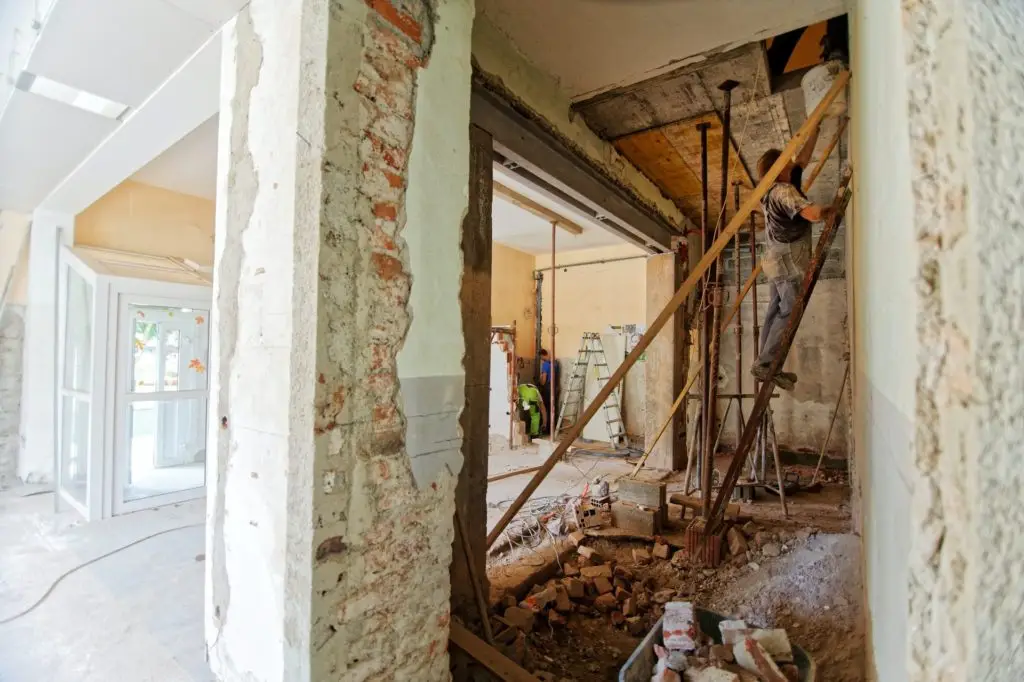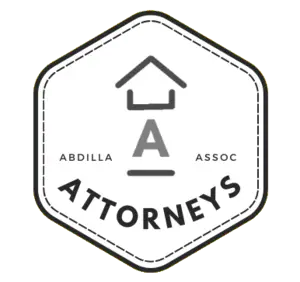On the first of January, 2020, the State of Illinois passed SB1872, and effectively outlawed real estate wholesaling in Illinois. Undoubtedly, many investors are scrambling to find a business model that fits the new law. So, today we will answer three questions: First, what is Real Estate Wholesaling? Second, why did Illinois make wholesaling houses illegal? Third, how can a wholesaler change his or her business to keep operating? Finally, we’ll discuss how to get started wholesaling real estate for beginners. This article should equip you with the understanding you need to meet the laws in Illinois.
Updated on February 20, 2023
Table of Contents
What is Real Estate Wholesaling?
A wholesaler purchases a property from its owner and then sells the purchase agreement to another investor at a higher price. In doing so, wholesalers earn money on both ends of this transaction. They get paid by the seller who is typically in desperate need of cash or is escaping foreclosure. At the same time, wholesalers make a profit on their markup of the property.
Wholesaling is a popular strategy in the world of real estate investing that involves finding distressed or undervalued properties, contracting them at a discounted price, and then assigning the contract to another investor or end buyer for a fee. The wholesaler makes money by charging a fee for assigning the contract, which is usually a percentage of the property’s total value or a fixed amount.
To be successful in wholesaling, investors need a strong network of buyers, including rehabbers, landlords, and other investors, who are interested in purchasing properties at a discount. Wholesalers should also have a good understanding of the local real estate market, be able to accurately estimate property values, and know how to negotiate deals.
Investopedia defines wholesaling houses as buying distressed property from a seller and then selling it again without improving its value. Often, wholesalers do both sides of the transaction on the same day, at the same time! Wholesalers will buy property in probate or foreclosure and then profit on their good deal by finding a new buyer. To be sure, wholesaling is an extremely short-term strategy carrying the high-risk and high-reward of other short-term investments.
Why did Illinois Make Wholesaling Houses illegal?
The idea behind wholesaling is to purchase a property from the owner, and then sell it quickly. In doing so, wholesalers can make large profits with little money down. This activity was especially popular during the housing crisis of 2008 when many homeowners were forced into foreclosure after they became unemployed or suffered hardship. The wholesalers work with the homeowners and buy their homes at a discount to market value. Then, wholesalers quickly resell these properties for profit by finding investors who want to rehab them or rent them out. The problem is that wholesaling encourages people to take advantage of people in a bad spot. If we avoid that, nobody gets hurt and you shouldn’t get sued.
Illinois has not outlawed real estate wholesaling. In 2019, the state of Illinois passed a law known as the “Real Estate License Act of 2019,” which requires real estate wholesalers to obtain a real estate broker’s license. The law also stipulated that wholesalers may not engage in certain activities, such as offering real estate advice or conducting negotiations on behalf of clients. It further states that wholesaling a property violates the “highest and best” credo Realtors must stick to.
Debates on Real Estate Wholesaling Laws
The purpose of this law was to prevent unscrupulous wholesalers from taking advantage of vulnerable homeowners or engaging in fraudulent activities. Supporters of the law argued that it would help to weed out bad actors in the industry and improve the overall reputation of real estate wholesaling in Illinois. Meanwhile, opponents of the law, argued that it placed undue burdens on wholesalers and made it more difficult for them to do business. Some also argued that the law was unnecessary, as existing consumer protection laws already prohibited fraudulent activities and deceptive practices in the real estate industry.
In short, wholesaling houses is an asset-stripping strategy. Primarily, this is why both the Illinois Legislature and the National Association of Realtors have a problem with it. To put it differently, wholesaling lets the investor take the excess value out of the asset for themselves. Even more, this means that the wholesaler takes equity from the family going through tough times that must sell the property. But, this alone was not enough to get wholesaling outlawed.

How Wholesaling Houses got People into Trouble
Illinois regulated wholesaling for a few reasons. First, wholesalers often buy properties from homeowners without doing any type of due diligence to determine the condition or value of that property. In many cases, wholesalers see an opportunity and jump on it. Often, with little regard as to whether that home will be habitable after they purchase it! Second, wholesalers are often not licensed real estate professionals. This means wholesalers do not follow the same rules as honest, hard-working Realtors who play by the rules. Those brokers sometimes spend years on their education before they can call themselves a full-fledged Realtor! Third, wholesalers frequently defraud homeowners and there are many complaints of that.
So, Illinois, earlier in 2020, passed the first laws in the country that truly restrict wholesaling. Illinois’s existing law states that anyone facilitating a real estate transaction for compensation must be licensed. But, new rules state that compensation can mean finder’s fees, referral fees, or even the profits from the transaction itself. While there is one free legal transaction per year, the question is how do we keep up this business model?
How do I Invest as a Wholesaler?
On one hand, you might think to become a licensed Real Estate Broker, but you would be dead wrong! Real Estate Brokers in Illinois have a duty to advise their clients of the highest and best value of the property. So, while you can sell the property like this, you aren’t allowed to bid for less than it is worth. Obviously, this sunk the entire business model.
There are a few ways wholesalers can keep up their business model, but it will require some homework. First, make sure that the wholesaler has the right Illinois Real Estate Brokerage license! A broker’s license is needed for wholesaling houses in Illinois. Next, wholesalers must comply with all Illinois laws that govern real estate agents. That includes the income disclosure law – telling the wholesale seller what you’ll make on the deal! Moreover, you must also comply with fair housing regulations, although this isn’t often too big of an issue. Next, only work with people who have the same legal requirements as you do so you can be compliant together. And finally, make sure your investor’s contracts comply with the laws. Otherwise, you can be sued by the Illinois Attorney General’s Office, and pay tens of thousands of dollars.
Wholesalers must make sure that they are complying with all laws and regulations that apply to Realtors in the State of Illinois! Otherwise, you could be liable for monetary damages or even criminal charges if caught by authorities! It isn’t worth it to jeopardize your business to make a buck.

Wholesaling Real Estate for Beginners
As I mentioned, In 2020, Illinois decided to crack down on wholesaling businesses. These were the first laws in the country that truly restrict wholesaling. Wholesalers cannot operate without a license and must comply with all of Illinois’s state rules for brokers.
To be compliant as a business model going forward, you will need to have your broker’s license so you can continue wholesaling houses in Illinois. Without a broker’s license, you can only do one per year (or pay a massive fine). You must also follow all other licensing and advertising requirements including income disclosure law and investor contracts. Yes, even if you’re not licensed.
I wanted to make sure that those who got here by trying to learn wholesaling real estate for beginners saw real knowledge of what to do to avoid risk. If you did get here by searching “wholesaling real estate for beginners” then I want you to know you need the A to B contract, a B to C contract, an assignment agreement, title insurance, and at least two separate attorneys to handle the whole transaction. You can expect to spend between $500 and $5000 on each deal of your own money and you should look to make 10% of the value of the home on the flip. That’s the best advice I have on wholesaling real estate for beginners.
Wholesaling Real Estate for Beginners Bullet Points
- One free transaction per year is legal
- Make sure you get your broker’s license if wholesaling houses in Illinois.
- Comply with the Illinois Real Estate Brokerage Licensing Act’s ethics rules.
- Make sure your investor’s contract follows new requirements.
- Only do business with those who have the same legal requirements as you.
- Don’t break any tax laws.
Conclusion
Wholesaling real estate for beginners is very profitable. When you are wholesaling houses you will find many challenges in the three-party transaction. Wholesalers will need to be extremely careful because if they do not follow the law in Illinois, they may get into trouble with authorities! Your best bet, as always, is to have a great lawyer on your team to help you navigate the waters.
